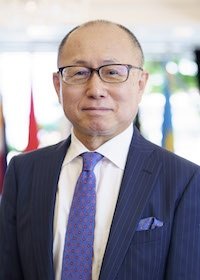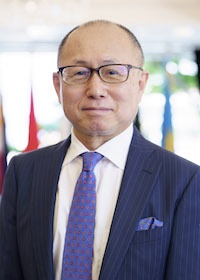The Evolution of Business Schools in Japan
In Japan, business schools are strictly graduate schools, as opposed to business schools of the West, which include degree programs at undergraduate (bachelor's), graduate (master's), and corporate training (non-degree) levels. In addition to universities, there are many vocational schools and companies (corporate training companies) that call themselves "business schools." When considering acquiring an MBA, it is important to determine whether the curriculum and the education and research achievements of the professors meet international standards as a business school. The Financial Times Ranking, the world's most prestigious MBA ranking service, clearly states that international accreditation is a basic requirement for MBA ranking.
What is a "business school"?
In Japan, master's programs are divided into "graduate school" and "professional graduate school" under the School Education Law as stipulated by the Ministry of Education, Culture, Sports, Science and Technology. The reason behind the classification of "graduate schools" into two types is that, up until the turn of the century, Japanese graduate schools have been effectively "institutions for training scholars" and a new institutional framework was needed to train practitioners. Keio Business School and NUCB Business School, which have been providing MBA education since before the emergence of the new system for professional graduate schools, have been delivering MBA programs according to the standards set by graduate schools around the world. In contrast, the numerous universities that established graduate level business administration programs after 2000 are providing MBA education as professional graduate schools.
The purpose of a "graduate school," as defined by the Japanese government, is to teach and research academic theories and applications, to explore the depths of these theories and applications, and to cultivate profound knowledge and outstanding abilities for occupations that require a high level of expertise, and to contribute to the advancement of culture (Article 99, Paragraph 1 of the School Education Law).
Graduate schools whose purpose is to teach and research academic theories and applications, and to cultivate profound knowledge and outstanding abilities for occupations that require a high degree of specialization are considered "professional graduate schools" (Article 99, Paragraph 2 of the School Education Law).

 Brochure
Brochure
 Info Session
Info Session
 Application
Application
 Alumni Voices
Alumni Voices














